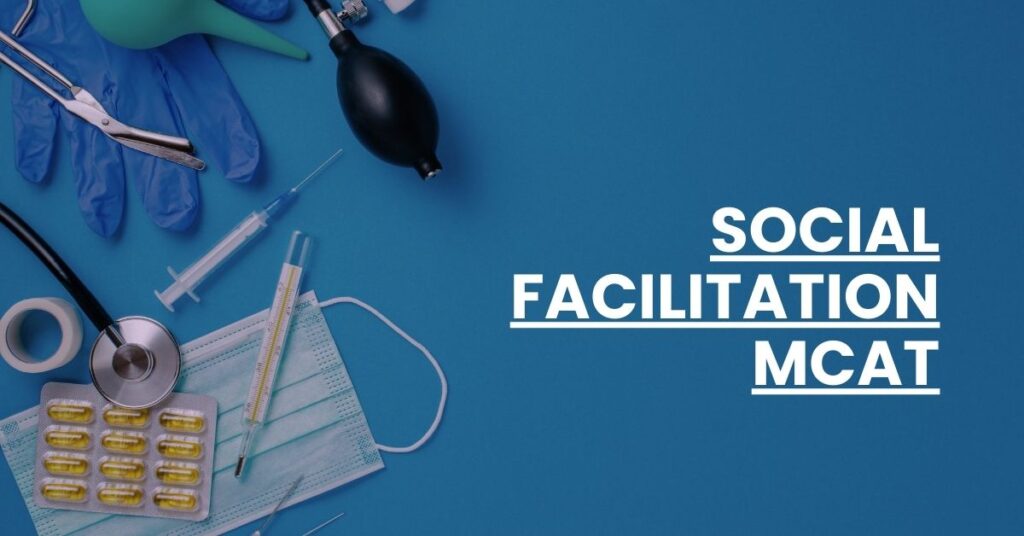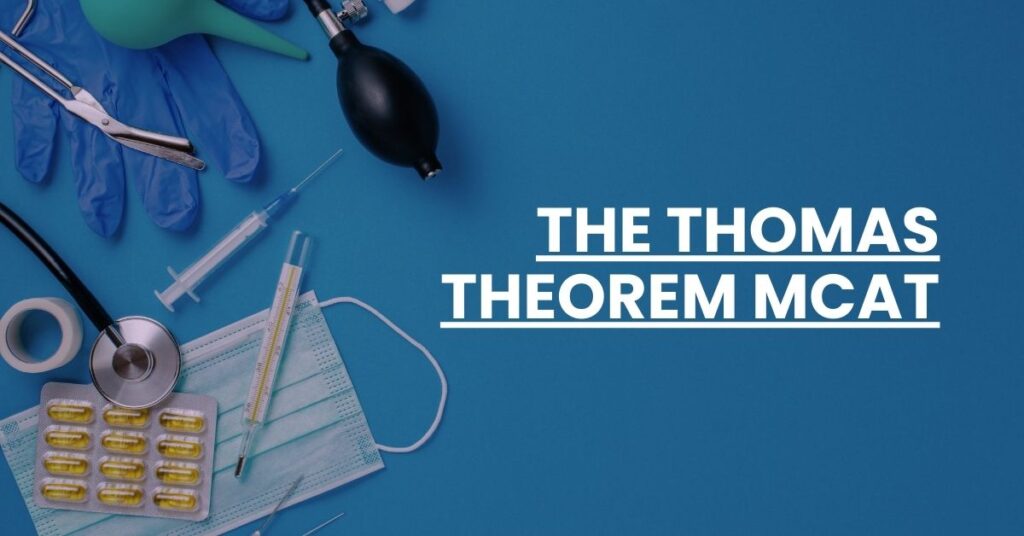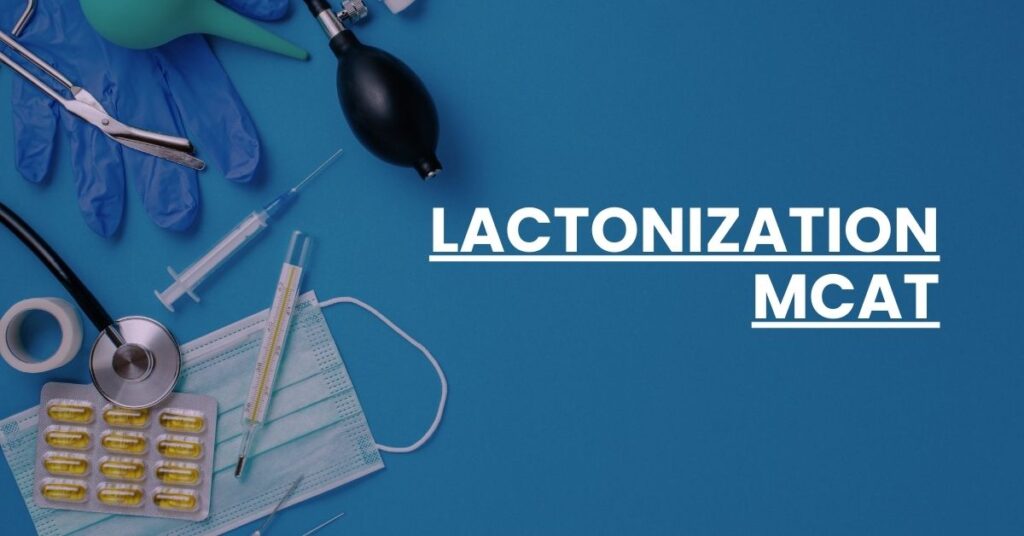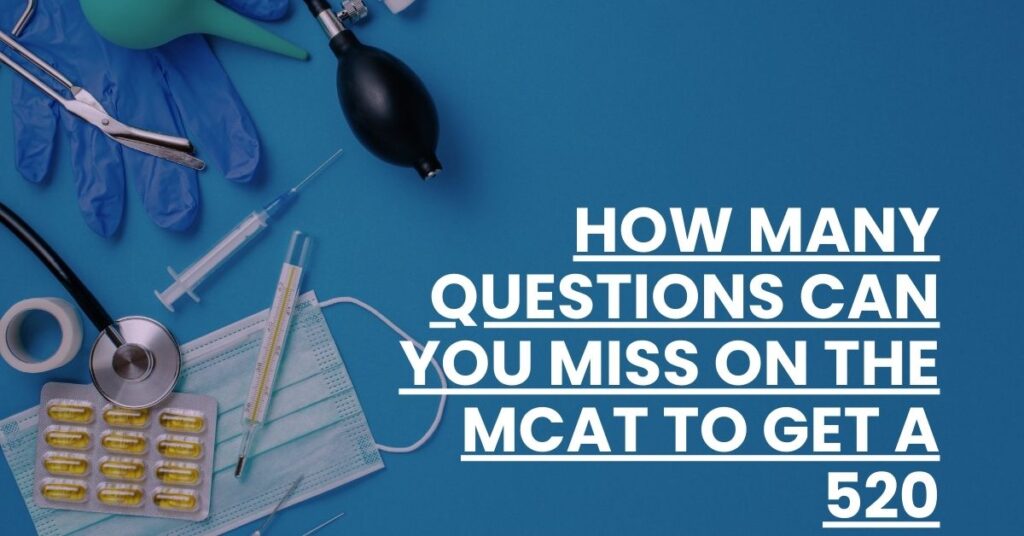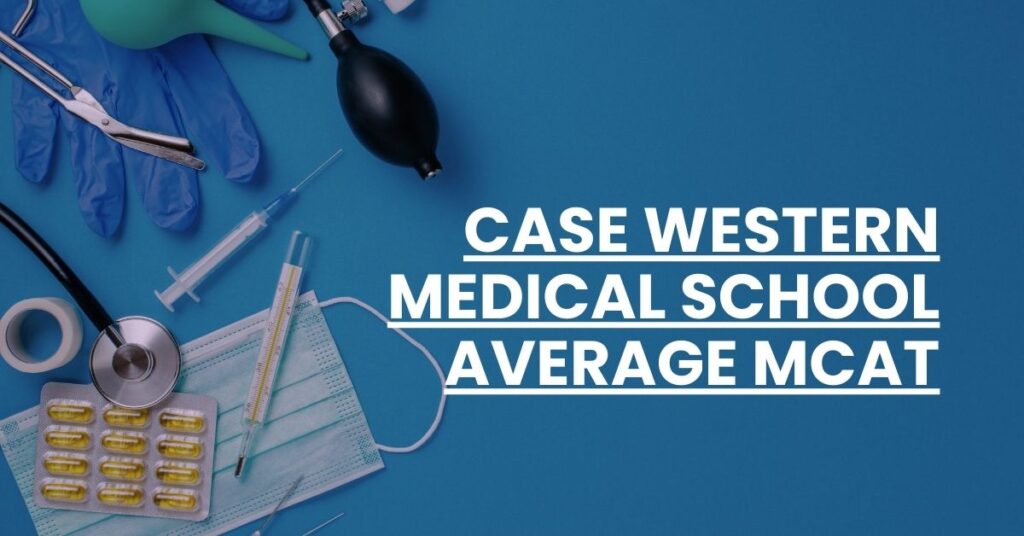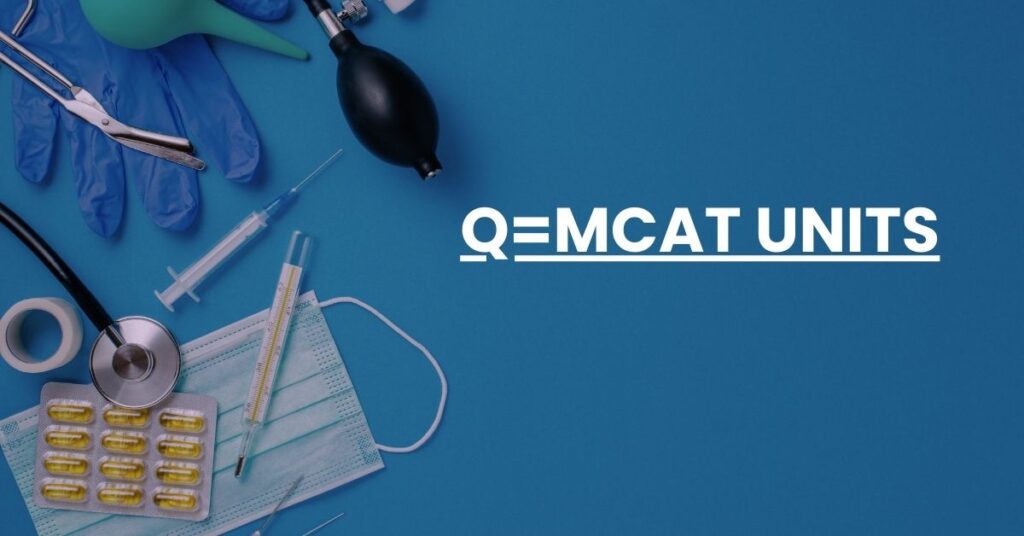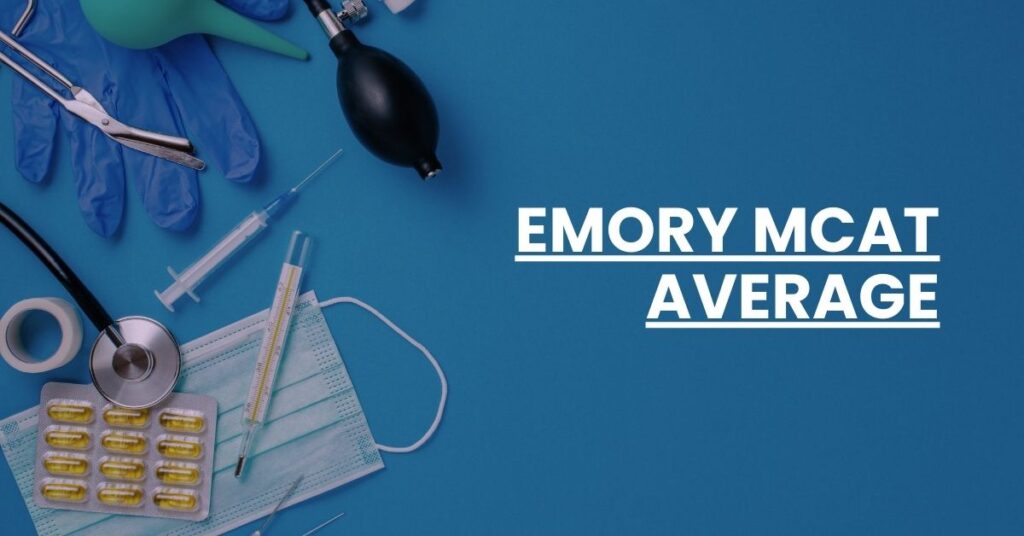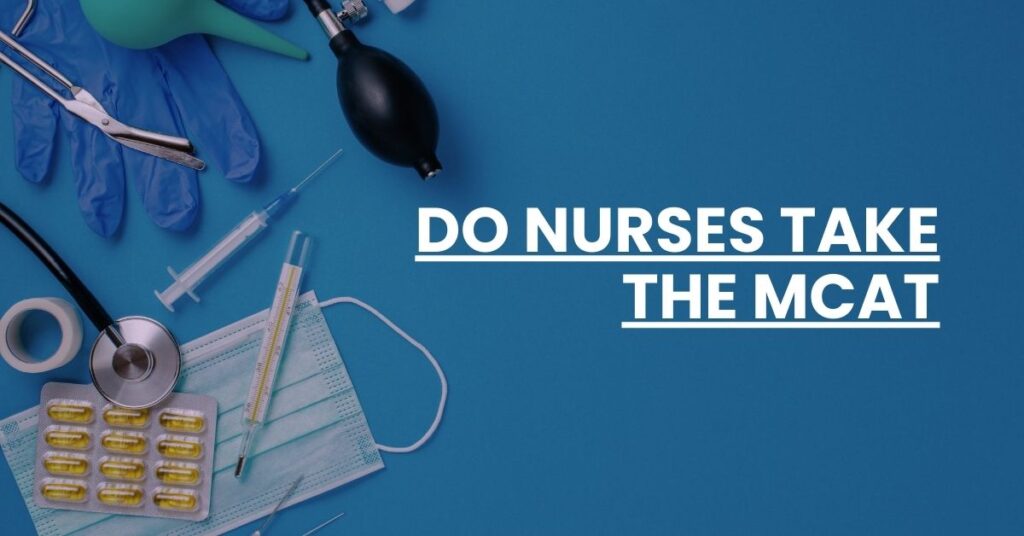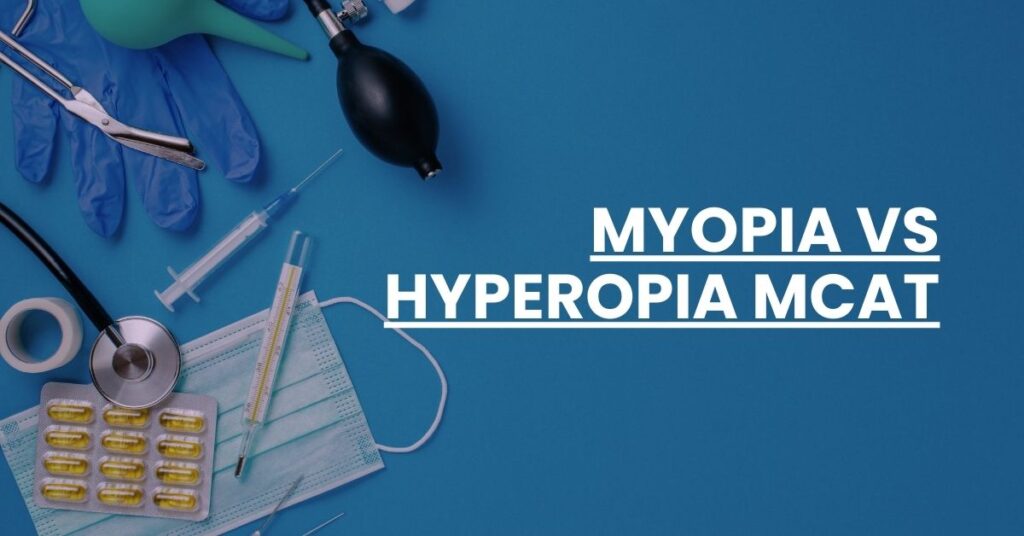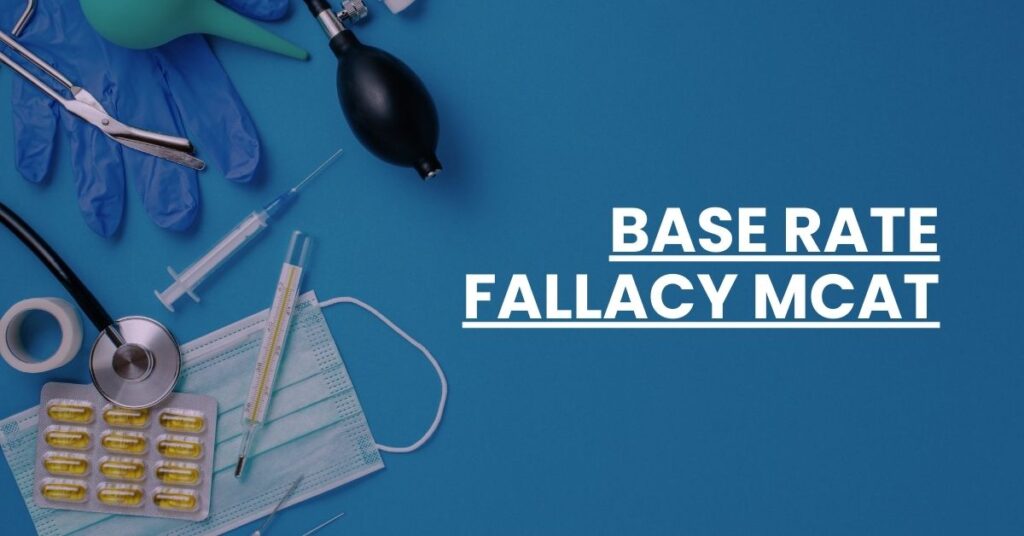Social Facilitation MCAT
Social facilitation on the MCAT reflects how a student’s performance can be influenced by the mere presence of others. This psychological phenomenon can either enhance or impede one’s ability to tackle exam questions, depending on task complexity and individual arousal levels. In the context of the MCAT: Understanding social facilitation equips MCAT aspirants with strategies […]
Social Facilitation MCAT Read More »
